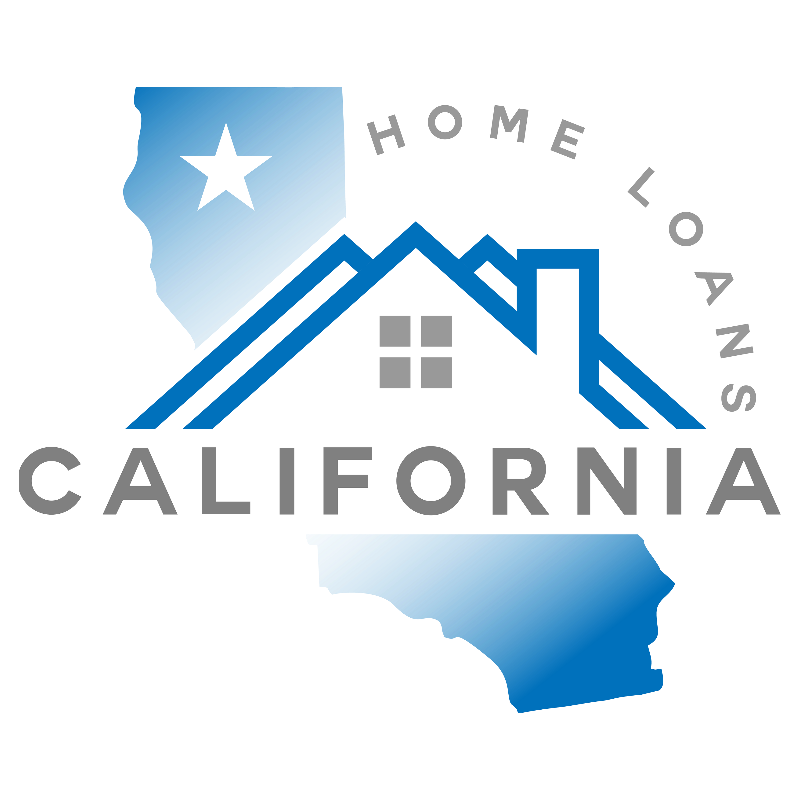BUYING A Home?
Get answers to your questions. How much home can I afford? Can I get help with my down payment? What are my loan options?
Own Your Dream Home
Home ownership has never been easier with California Home Loans. First, we figure out exactly what home price is right for you. Then, we walk you through each step of the process to secure your DREAM HOME at lightning speed!
LOAN PRODUCTS
Coming up with enough cash to buy a home today is not an easy task with current home values! Even those individuals with enough cash to do it don’t always want to utilize that much of their cash reserves. Most buyers utilize Home Loan Financing to aid in the purchase. At California Home Loans, we provide a full menu of different loan programs, including:
Conventional Loans
Programs from Fannie Mae and Freddie Mac
Jumbo Loans
For those amounts too large for Fannie Mae and Freddie Mac
Federal Housing Administration (FHA)
It’s a popular choice among first-time homebuyers as well as buyers with limited savings or lower credit scores.
VA Loans
Guaranteed by the U.S. Department of Veterans Affairs
USDA Loans
Backed by the U.S. Department of Agriculture for those living in rural areas
We can help you with any length of payback, from something as low as 10 years all the way to 30-year amortization. If you are interested in buying a home, our Loan Officers can help you decide which program fits your needs and goals.
Ready to Start?
Let’s get you pre-qualified, ready for a loan, and finally cleared to close.
